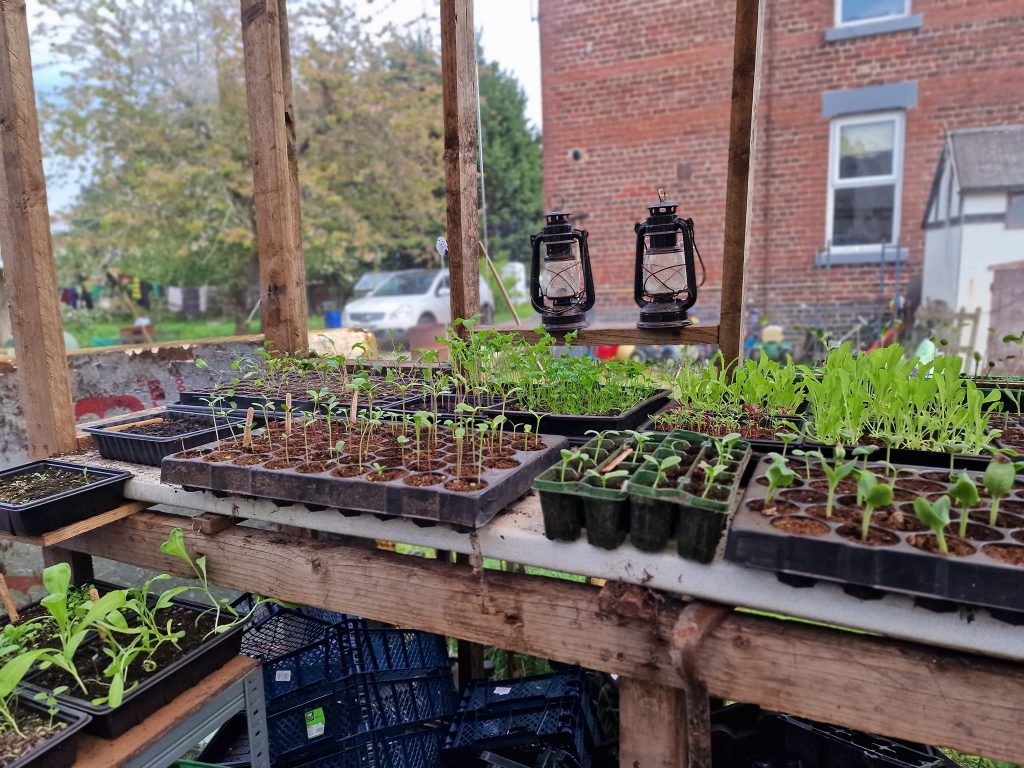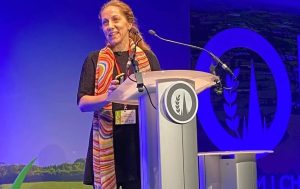
For many of the children in Salford, the natural mossland of Chat Moss, which makes up 30% of the city, is inaccessible.
Because of this, and its absence in the school curriculum, they aren’t able to learn about organic food, farming or what they can do to battle climate change.
However, Jannine McMahon, who runs Moss Lane Farm, is looking to change this.
McMahon said: “The accessibility over generations has been disconnected, and it’s got worse and worse over the years.”
By bringing the farm to schools, children who wouldn’t otherwise be able to learn about sustainable farming get an opportunity to do so.
She says that because children learn in different ways, taking them out into nature can bring out a different side to those who struggle in the classroom.
She added: “There’s also a bit of unfairness there, because I feel the working class people get left behind, they’re the people who are struggling most, and their parents probably need that extra bit of help.”
As a result, she’s had around 20 schools visit the farm in the past year.
It all started for Jannine after she ran a summer school in 2014 that was well received, showing that there was an appetite for this kind of education.
She said: “It was giving [the children] an opportunity during the summer holidays to get out, be in a safe space, but also experience the natural world.”

McMahon would like to see sustainable farming and organic food become a permanent priority for the government, rather than a series of temporary goals.
“Salford always don’t have anything in their agenda when it comes to local food or that reconnection back with the land.”
On climate change, she issued some stark reminders that climate change is still one of the biggest problems of our time.
Even over the past 13 years, the amount of time she’s run Moss Land Farm, she has seen a sizeable shift in our weather patterns.
It seems like a problem too big to tackle for individuals, but she also teaches people about the small things they can do to help the planet.














Recent Comments